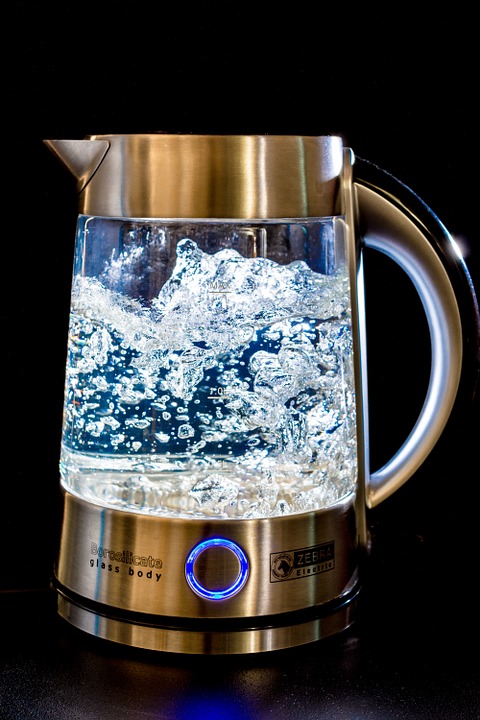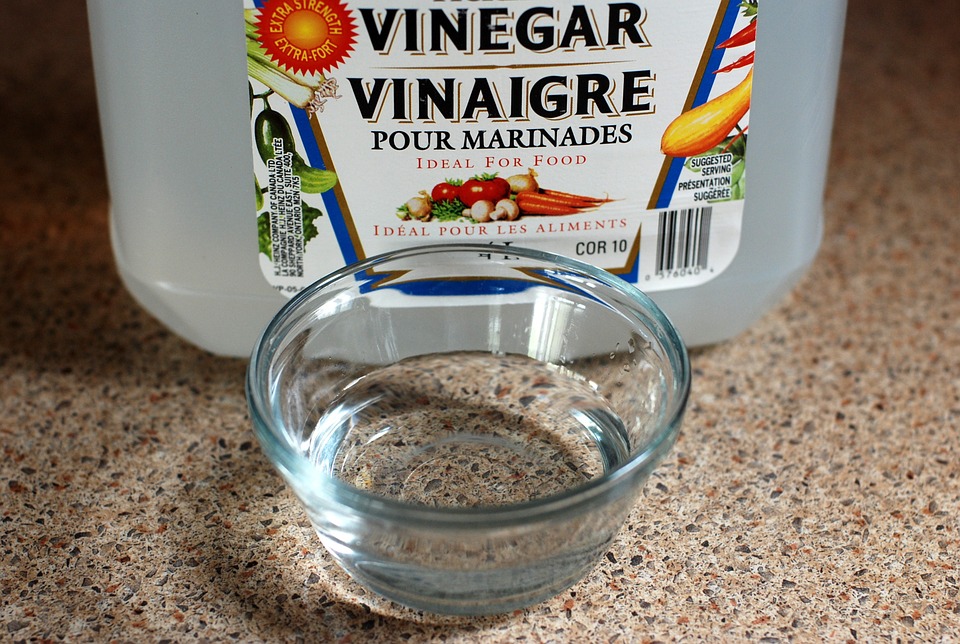Not Everything That Grows Green is Gold
Like every gardener, I hate weeds and I love the environment. For me it has always been a tough choice between using a chemical weed killer that is likely killing us as well, or pulling what I can and watch the weeds slowly take over as I struggle to keep up. By the end of the season, my garden is about a 50-50 split between produce and weeds.
Even worse is my yard. I live in the desert and therefore have a xeriscaped yard, meaning it is mostly rock. If you have weed sprout up in a normal lawn, it is barely noticeable. Have one poke up through your gravel yard and you can see it from about 20 miles away.
Fight the Bad Green With the Good Green
I needed a natural solution that would not only kill intrusive plants, but not kill the earth in the process. Plus, I was not prepared to have to sell my car in order to purchase any alleged green solutions. Instead, I asked around and spoke to others that have weeds issues and are avid gardeners and narrowed the best choices down to three:
1. Boiling Water

While I had never heard of such a solution, it made perfect sense. You are, in essence, cooking the plant while it is still in the ground. It actually sounded too simple to be true. In the interest of science, I boiled a large pot of water, bringing it to a roiling boil, and then quickly dashed outside before it had a chance to cool off.
Appointment Setting for Real Estate Agents
A large pot was enough for about one square yard of a good, hot water soaking. I doused the weeds and recorded the results 24 hours later. The verdict: it actually works. The weeds were brown and wilted and visibly dead. It was a huge success, and you cannot get more natural than water.
2. Straight White Vinegar

Using a few gallons of white vinegar purchased at the local grocery store, I doused several patches of weeds thoroughly. I figured this was a sure bet. Vinegar is very acidic and no plant could withstand a straight dose of that stuff. I was wrong. The next day those plants looked liked they had the day before. I wasn’t stingy with the dose either. None of the patches I had saturated seemed to be affected. A few days later, still no change. Straight vinegar was a total fail.
3. Vinegar/Borax/Dish Soap
After the results of the straight vinegar experiment, I was not hopeful for any recipe that used vinegar as its main ingredient. The recipe I was give consisted of one gallon of pure white vinegar, one cup of Borax (that 20 mule team stuff), and one tablespoon of dish soap. It was easy enough to put together, and I sprayed a patch of weeds in my yard with it.
The next day, the weeds look pretty dead. The natural herbicide mixture had left them wilted and mostly brown. The brew was a success.
And the Winner Is….
Three types of herbicide and two successes. So which should you use? While boiling water seems the simplest, it is also the least practical. It takes a large pot of water quite a long time to come to a boil, and it uses significant energy to do so. The last thing you want is for your natural herbicide to not only increase your carbon footprint but also inflate your energy bill. Additionally, you would have to keeping boiling pots of water until you covered the area.
I found the vinegar/Borax/soap combo to work the best. It is easy to mix up and can be applied from a sprayer or watering can. You can mix up as much as you need and the job will be less time consuming and the added benefit of your yard or garden smelling like a salad.
Perhaps you have had some experiences with home-brewed herbicides. Let me know your recipe and the results.